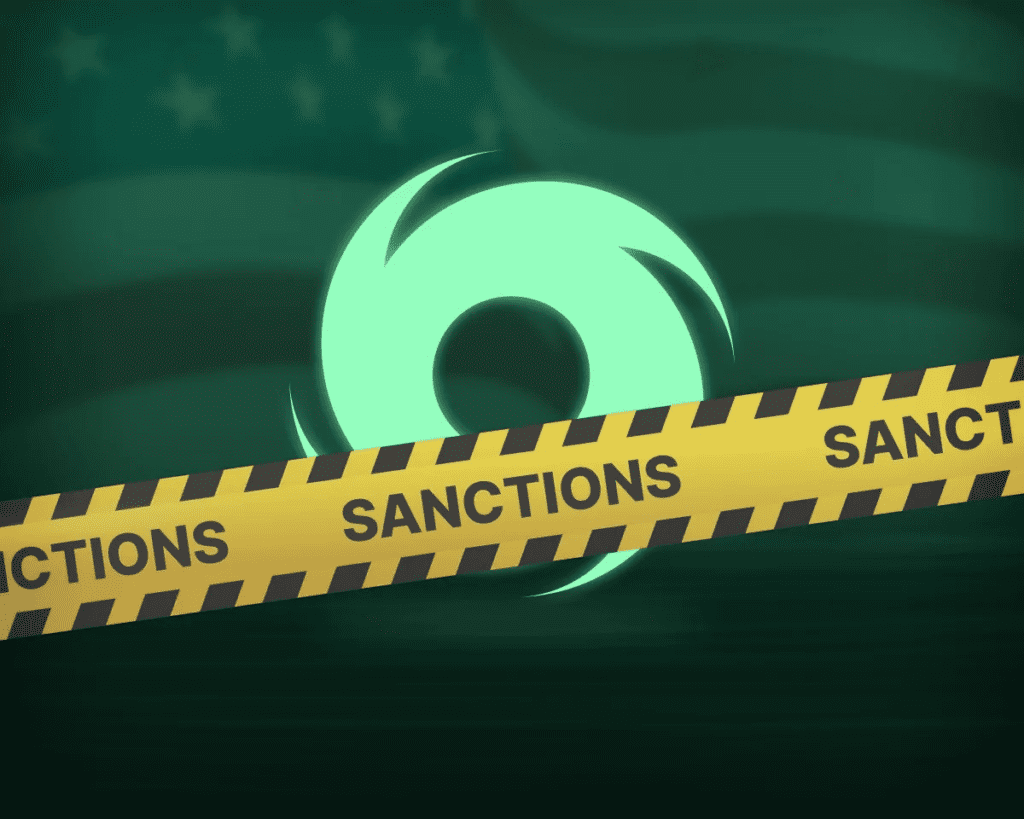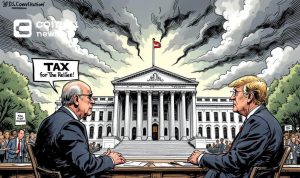Key Points:
- The plaintiffs argue that the government cannot sanction Tornado Cash because it is not a foreign “national” or “person” but software. They claim that the sanctions violate privacy and First Amendment rights.
- The plaintiffs in this challenge are among the thousands of law-abiding Americans who want to protect their privacy online but cannot do so because of the government’s sanctions.
Coinbase backs legal challenge to US gov’t sanctions against Tornado Cash. Plaintiffs argue that sanctions violate privacy & First Amendment rights.

In recent news, Coinbase has backed a legal challenge to the sanctions imposed by the US government against Tornado Cash (TC). TC is a decentralized privacy protocol allowing users to transact on the Ethereum blockchain anonymously.
Today, the plaintiffs filed a motion for summary judgment to reopen TC for all, according to Chief Legal Officer Coinbase.
The plaintiffs argue that the government cannot sanction TC because it is not a foreign “national” or “person” but software. According to them, the Constitution and laws of the country recognize that we don’t take away privacy from all just because of the unlawful acts of a few. The plaintiffs in this challenge are among the thousands of law-abiding Americans who want to protect their privacy online but cannot do so because of the government’s sanctions.
One of the primary arguments made by the plaintiffs is that the law only permits the government to sanction a person’s property, which is something capable of being owned or controlled. However, the 20 smart contracts at the core of the TC software function without human control and are not owned by any foreign national or sanctioned person. Therefore, the plaintiffs argue that the government cannot approve something that cannot be owned or controlled.
Moreover, the plaintiffs questioned the government’s interpretation of the word “property.” They argued that if immutable open-source software code can be sanctioned, it’s hard to see why the government can’t ban any intangible concepts, which can’t be what Congress meant when it chose the word “property.”
Finally, the plaintiffs argue that the sanctions violate the First Amendment. They’re not narrowly tailored and block thousands of law-abiding American citizens from using TC to engage in a socially valuable speech just because some bad actors also used it.
DISCLAIMER: The Information on this website is provided as general market commentary and does not constitute investment advice. We encourage you to do your own research before investing.
Join us to keep track of news: https://linktr.ee/coincu
Thana
Coincu News























